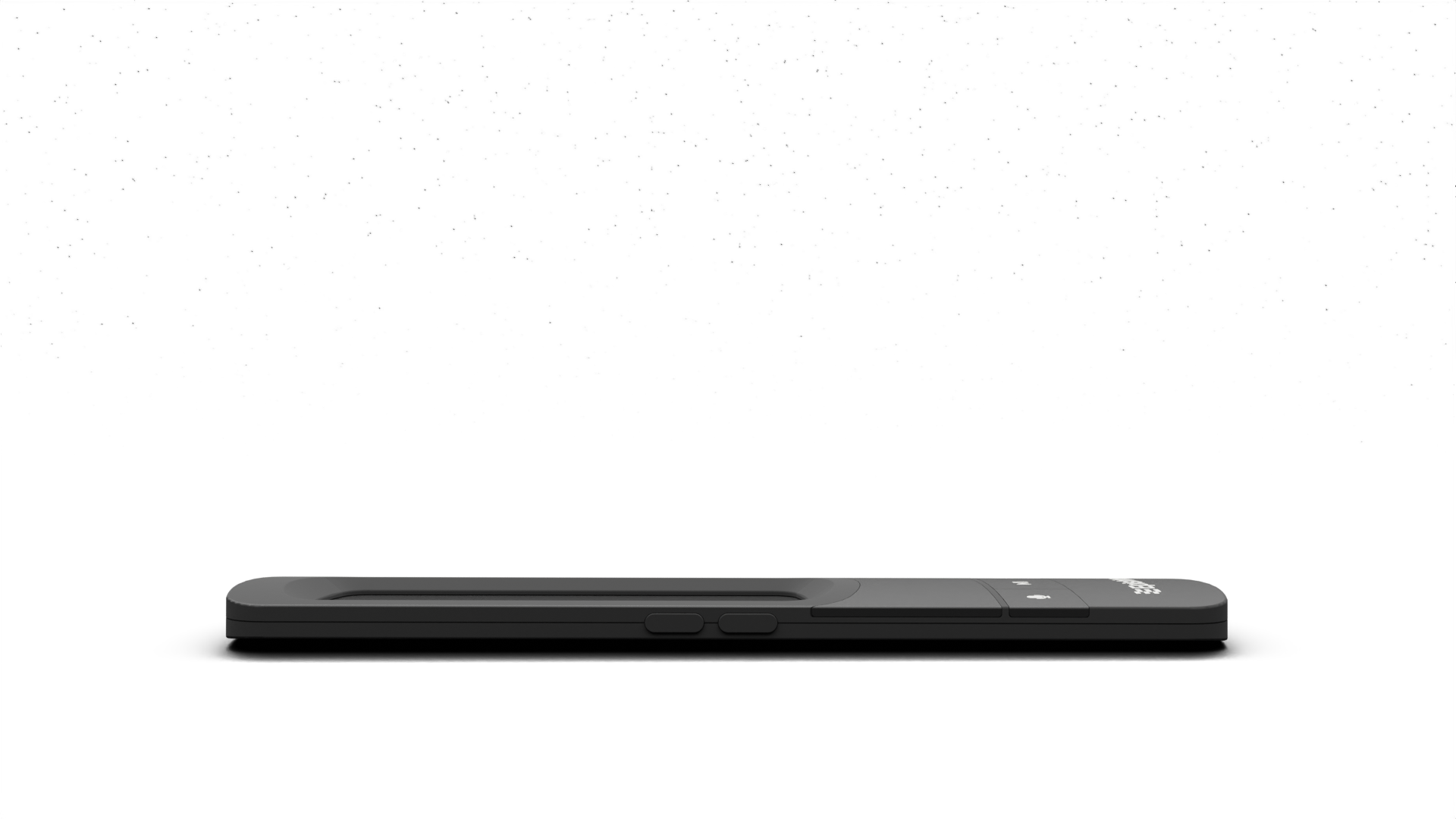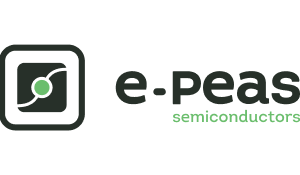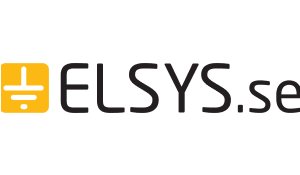| bcookie | .linkedin.com | LinkedIn Ireland Unlimited Company | 365 days |
This is a Microsoft MSN 1st party cookie for sharing the content of the website via social media. |
| _hjSessionUser_ | .epishine.com | Hotjar | 365 days |
Hotjar cookie. This cookie is set when the customer first lands on a page with the Hotjar script. It is used to persist the Hotjar User ID, unique to that site on the browser. This ensures that behavior in subsequent visits to the same site will be attributed to the same user ID. |
| _hjSession_ | .epishine.com | Hotjar | 1 hour |
Used by Hotjar to hold current session data. |
| hjActiveViewportIds | | Hotjar | Persistent |
User by Hotjar to store user active viewports IDs and an expirationTimestamp that is used to validate active viewports on script initialization. |
| hjViewportId | | Hotjar | Session |
This Hotjar cookie stores information about the user viewport such as size and dimensions. |
| _ga | .epishine.com | Google | 400 days |
Contains a unique identifier used by Google Analytics to determine that two distinct hits belong to the same user across browsing sessions. |
| _gid | .epishine.com | Google | 1 day |
Contains a unique identifier used by Google Analytics to determine that two distinct hits belong to the same user across browsing sessions. |
| _gat_ | .epishine.com | Google | 1 hour |
Used by Google Analytics to throttle request rate (limit the collection of data on high traffic sites) |
| _ga_ | .epishine.com | Google | 400 days |
Contains a unique identifier used by Google Analytics 4 to determine that two distinct hits belong to the same user across browsing sessions. |
| __hstc | .epishine.com | HubSpot | 180 days |
This cookie name is associated with websites built on the HubSpot platform. This is the main cookie for tracking visitors. It contains the domain, utk, initial timestamp (first visit), last timestamp (last visit), current timestamp (this visit), and session number (increments for each subsequent session). |
| hubspotutk | .epishine.com | HubSpot | 180 days |
This cookie name is associated with websites built on the HubSpot platform. This cookie is used to keep track of a visitor's identity. This cookie is passed to HubSpot on form submission and used when deduplicating contacts. |
| __hssrc | .epishine.com | HubSpot | Session |
This cookie name is associated with websites built on the HubSpot platform. Whenever HubSpot changes the session cookie, this cookie is also set to determine if the visitor has restarted their browser. If this cookie does not exist when HubSpot manages cookies, it is considered a new session. |
| __hssc | .epishine.com | HubSpot | 1 hour |
This cookie name is associated with websites built on the HubSpot platform. This cookie keeps track of sessions. This is used to determine if HubSpot should increment the session number and timestamps in the __hstc cookie. It contains the domain, viewCount (increments each pageView in a session), and session start timestamp. |
| CLID | www.clarity.ms | Microsoft | 365 days |
Identifies the first-time Clarity saw this user on any site using Clarity. |
| _clck | .epishine.com | Microsoft | 365 days |
Persists the Clarity User ID and preferences, unique to that site, on the browser. This ensures that behavior in subsequent visits to the same site will be attributed to the same user ID. |
| _clsk | .epishine.com | Microsoft | 1 day |
Connects multiple page views by a user into a single Clarity session recording. |
| PugT | .pubmatic.com | PubMatic, Inc | 30 days |
Used to determine the number of times the cookies have been updated in the visitor's browser. Used to optimize the website's server efficiency. |
| MUID | .bing.com | Microsoft | 390 days |
Microsoft User Identifier tracking cookie used by Bing Ads. It can be set by embedded microsoft scripts. Widely believed to sync across many different Microsoft domains, allowing user tracking. |
| MR | .c.bing.com | Microsoft | 7 days |
Used by Microsoft Clarity to indicate whether to refresh MUID. |
| SM | .c.clarity.ms | Microsoft | Session |
This cookie is installed by Clarity. The cookie is used to store non-personally identifiable information. The cookie is used in synchronizing the MUID (Microsoft unique user ID) across Microsoft domains. |
| MUID | .clarity.ms | Microsoft | 390 days |
Microsoft User Identifier tracking cookie used by Bing Ads. It can be set by embedded microsoft scripts. Widely believed to sync across many different Microsoft domains, allowing user tracking. |
| MR | .c.clarity.ms | Microsoft | 7 days |
Used by Microsoft Clarity to indicate whether to refresh MUID. |
| _cltk | | Microsoft | Session |
This cookie is installed by Microsoft Clarity tool and stores information about how visitors use the website |

.png?width=889&height=500&name=Keyboard.85%20(2).png)

.png?width=2560&height=980&name=Keyboard.85%20(4).png)















